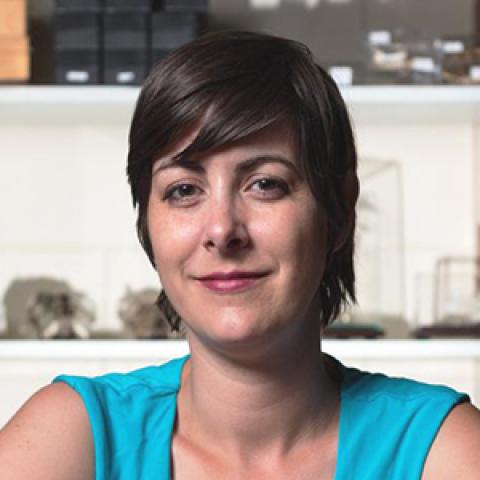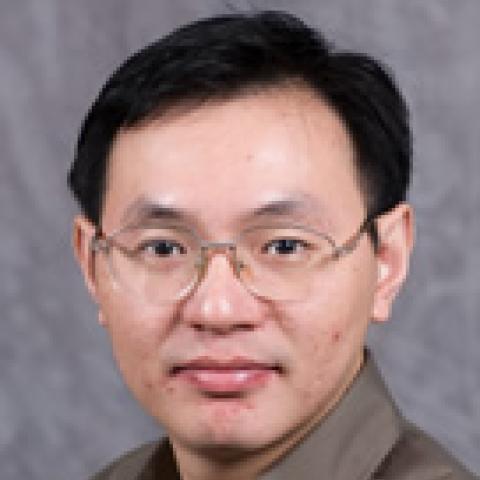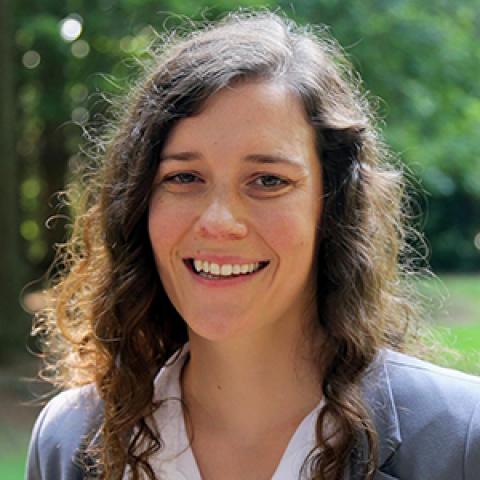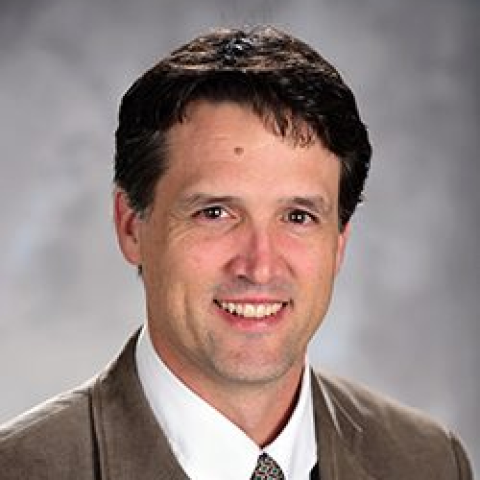Kate Pride Brown
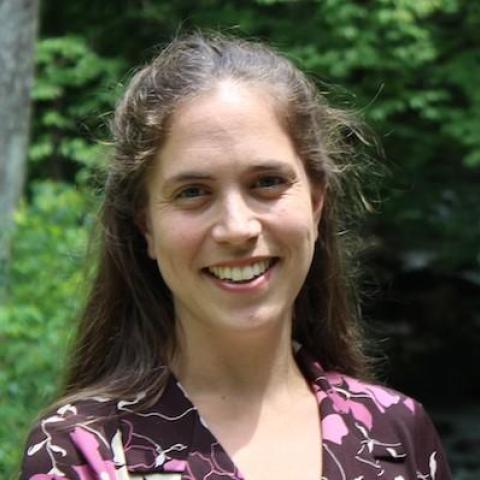
Kate Pride Brown is an environmental and political sociologist whose research focuses on a range of issues, including environmental activism in Russia and conservation policy in the United States. She received her doctorate from Vanderbilt University and completed a postdoctoral fellowship at the Vanderbilt Institute for Energy and Environment. Her book, Saving the Sacred Sea: The Power of Civil Society in an Age of Authoritarianism and Globalization (Oxford University Press, 2018), examines the conflict between local and transnational environmentalists, multinational corporations, and the Russian government over the future of Lake Baikal, the largest, deepest and oldest freshwater lake on Earth. While she continues to study environmental issues in Russia, especially around Lake Baikal, Dr. Brown has also published research on water and energy politics and policy in the United States. She is currently studying the "nuclear renaissance" in the southeastern United States. Among other honors, she has received a Fulbright Fellowship, a Critical Language Scholarship from the U.S. Department of State, and funding from the Horowitz Foundation for Social Policy and the National Council for Eurasian and East European Research. Her research has appeared in Communist and Post-Communist Studies, Energy Research and Social Science, Environmental Politics, Environmental Sociology, Ethnography, Memory Studies, Nature and Culture, Research in Political Sociology, Social Movement Studies, Sustainability: Science, Practice and Policy, Water Policy and WIREs Water.
- Ecosystem and Environmental Health


